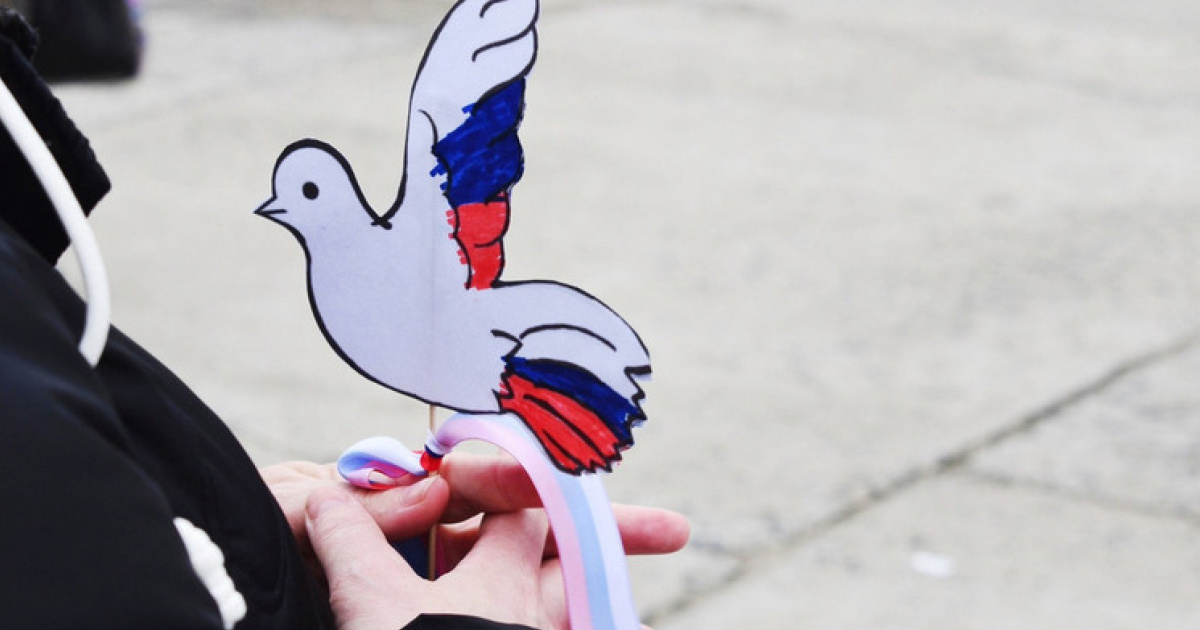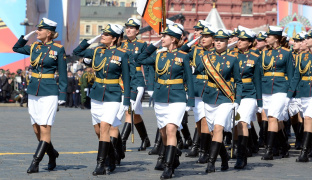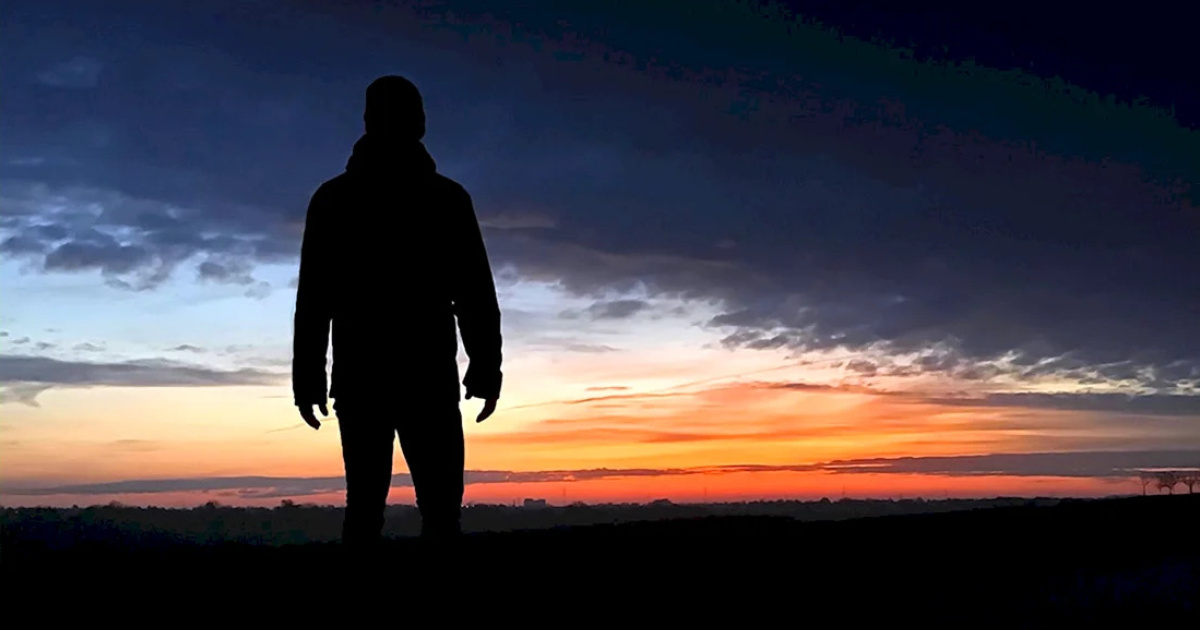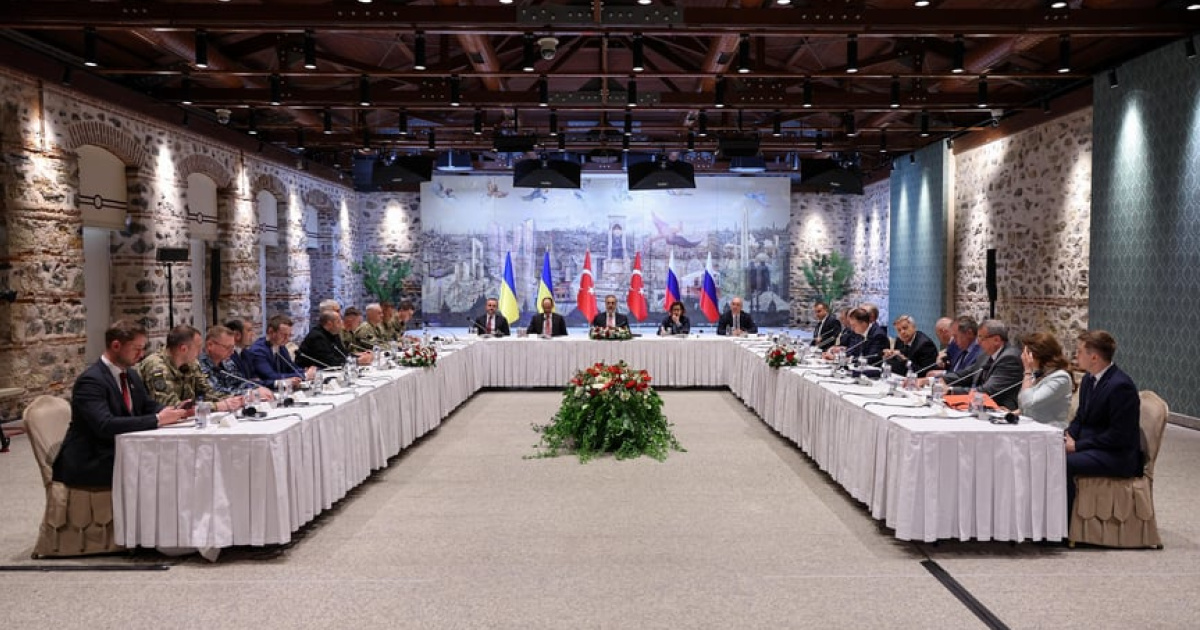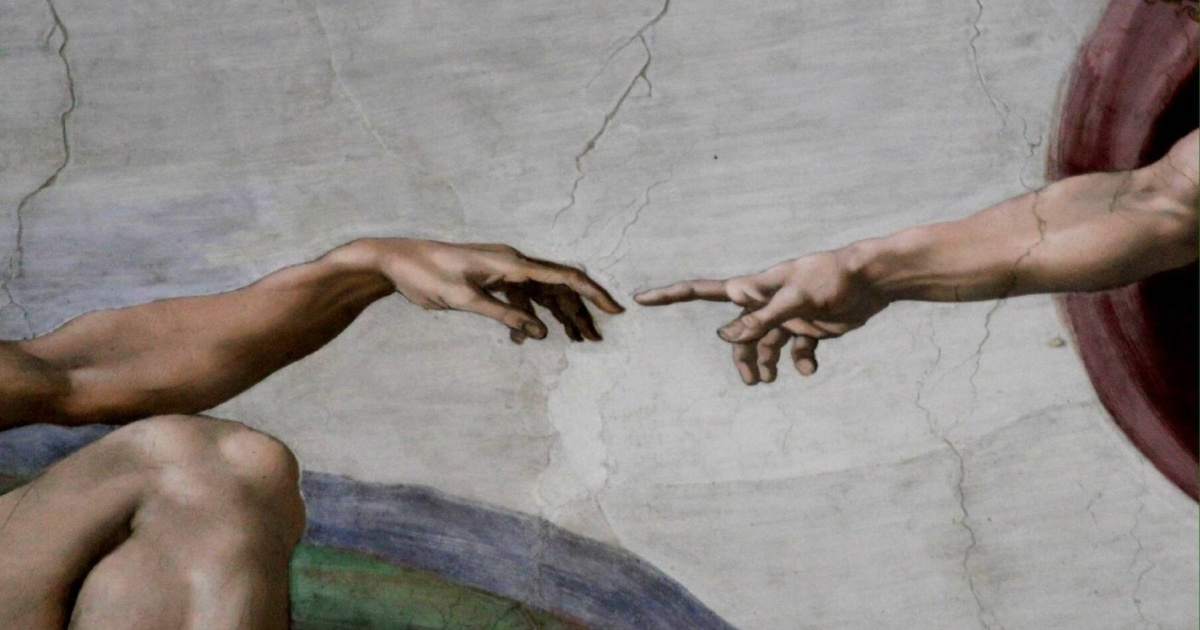Six hours, twenty, thirty-six ... Those who had to cross the border line in the ATO after renovation and "improving" of access mode, share their sad record of traveling time. Cancellation of buses between the occupied and controlled parts of Donetsk region has led to huge queues of private cars and the next "round of hell" for those who have an urgent need to go through the "border" of this kind.
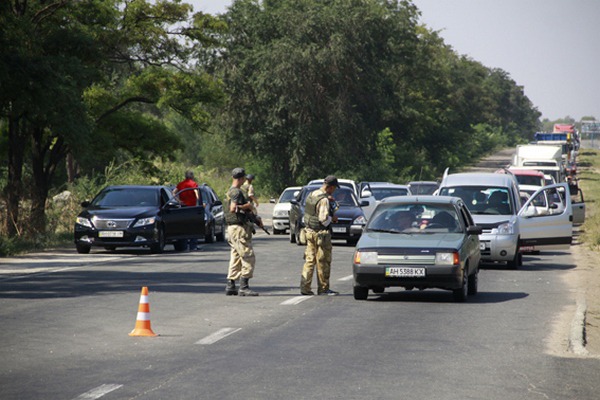
On the eve of my trip through the checkpoints, I talked with a saleswoman in one of the shops in Kramatorsk. "There's a horror. My husband got out and tried to drive through Gorlovka. He reserved his place in the queue at three in the morning. The queue stretched up to the market in Artemovsk. People spent the night at the checkpoint. He just called and said he couldn’t anymore and decided to come back. If you decide to go, take water with you. My husband says that you can do without food but no way without water"- shared she.
The queues at the checkpoint of entry and exit (CPEE) in Nikolaevka between free Artemovsk and controlled by militants Gorlovka are really impressive. Private cars line up on the highway in the heat of the sun in a long string, going to the horizon. Buses are five hundred meters away from the checkpoint. There is no way for them: the checkpoints can be crossed only by the minivans up to 9 seats. "GAZelle" was driving with five people inside. It hadn’t been allowed to pass the checkpoint until the driver turned off the extra seats..." - says experienced "travelers" who have elderly parents are in one part of the region, and children in the other one. Then people usually laden with bags (personal belongings, food, diapers, rarely - vegetables grown in the gardens or kitchen gardens that remained on the free territory) go on foot to get in line for the check. The "STOP" sign, board with a large inscription "Ukraine" and finely printed rules of crossing the border line. The general mood is depression.
The people go rolling their suitcases on wheels, lifting heavy plaid bags, step by step. They are shuffling in the dust of the road under the scorching sun \... Older children are silent in the queue. They sit on their haunches or on the bags, burrowing their face in the folded arms or rummaging in their mobile phones. Those, who are younger, are capricious, crying in the arms of their parents.
"Where you are going from?", "What is in your bags?", "Open the bag", "Passport, pass". Military try to be polite. But people say that everything depends on the shift: "Some are humane, and there are also such people that will wear you out till let you go. Only two boys are dealing with the queue, and the rest are simply standing away and talking... they treat people as a shit".
After a booth where documents are checked, someone in car may meet you, someone may give you a lift for free, someone may do it for money (the service can cost 30, and 100 hryvnia), and someone again go on foot to the last checkpoint that is 15 or 18 kilometers. In the heat, strictly on the road, without any possibility to shorten the path, because "everything around is mined". The last checkpoint with the flag of Ukraine is Mayorske. Already behind it there are buses that go on the territory controlled by the rebels. Or there are no buses.
Those who go through the "border" in the car are in a better condition. So, many people try to find private drivers to go with them. Blablacar service helps some of them, who usually look for companions. Drivers usually share information about their route, date and time of travel, number of passengers who they want to take, and the cost of travel there. The latter can vary greatly. For example, the fare from Kramatorsk to Donetsk at the website may be 50 or 200 hryvnia. At the bus station in the cities controlled by the Ukrainian authorities it is also possible to find private drivers who want to earn extra money. For a taxi from Konstantinovka to Gorlovka, for example, they ask a thousand hryvnia. "I have found three travel companions from the bus station to Gorlovka, so the trip was 250 hryvnia per person", - says Natalya, a Gorlovka dweller.
But in this case conveniences are beyond the question. Cars while standing in line at the checkpoint heats up in the hot sun and the passengers try to move to the sidelines in the shade. During the "great standing" people manage not only get to know each other, but also practically make friends. The nearest place where you can buy water or some food is Parallel gas station on the outskirts of Artemovsk or in one of the courtyards of private houses between checkpoints. By the way, in this "shop", the location of which people hand down, the prices are affordable, a 1.5 liter bottle of sparkling water costs 8 hryvnia.
Some break branches of trees in the planting and cover cars with them. Planting concurrently performs the role of a public toilet. At the checkpoint there are signs of civilization, in particular a blue bio-toilet cubicle, but it is only one for all, and far away from the queue. Rubbish on roadsides is cleaned by the military, and they also have to say "thank you" to the authors of "simplified pass system."
There is another "preferential" queue for cars with children and disabled. It moves way faster, so some people take children on such trips for purpose. There are also so-called "storublevniki" who are trying to pass straight through. The price of such a bend can be, for example, the broken glass.
Only five cars are let for the check at the CPEE. The questions are standard: "Where are going from?" "What is in your bags?", "Open the trunk and glove box", "Open the bag." They still wanted to know whether there is some cash. Of course, there is: on the territory controlled by "DPR" ATMs don’t work. The answer was satisfactory. As long as the verification of documents is in process, the driver fills in a "control card": a small piece of paper in which it is necessary to indicate the brand and license plate number of the car, driver's name, number of people in the car, the cargo and its kind. The piece of paper is stamped. At other Ukrainian checkpoints this "card" must be presented together with the passport. In Mayorske you have to hand it in. If it happens that at the first checkpoint, for some reason you did not fill in the car, get ready to go back. "We went from Donetsk to Konstantinovka. And our car was turned back, though there was a year-old child inside. They said that it was our problem, and without a note, which we had to be given at the first checkpoint, we had no right to go to Ukraine. How could I know that I need something to fill in ... "- outraged Alexander from Donetsk. After Mayoske there are starting positions of so-called "DPR". There are no queues, but they will check passport and trunk.
... On the way back it is the same, there is a queue stretching for two and a half kilometers in the direction of Artemovsk and you can barely see the checkpoint. "The last time such a queue took five hours. My car was the last and the checkpoint was closed down "- says one of the drivers. But the queue moves suspiciously quickly. Forty minutes later we were already checked. Passport, pass, registration certificate, "What are you transporting?", "Have a nice trip." The secret was revealed, near the "STOP" sign there were two cars with the OSCE observers in blue vests.
One thing is clear that the current pass system is designed exclusively for strong and healthy people. It is a cruel social experiment on those who are forced to stay on the territory controlled by the rebels. And the weak and sick, regardless of their political preferences, are not in the interest of any of the warring parties.
Galina Pokrovskaya, OstroV
